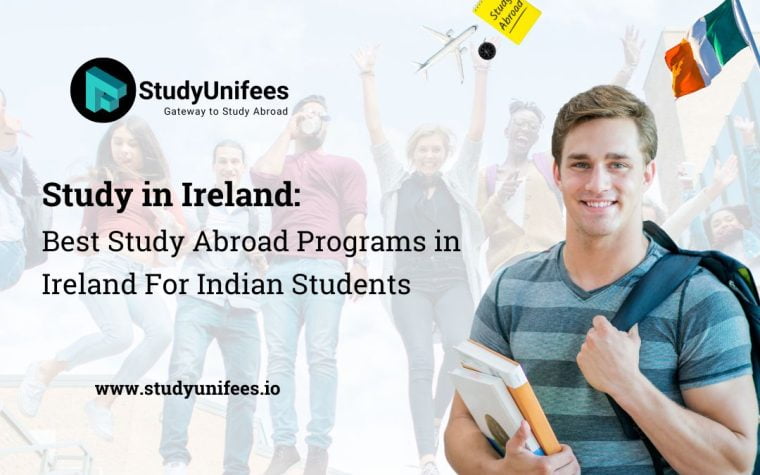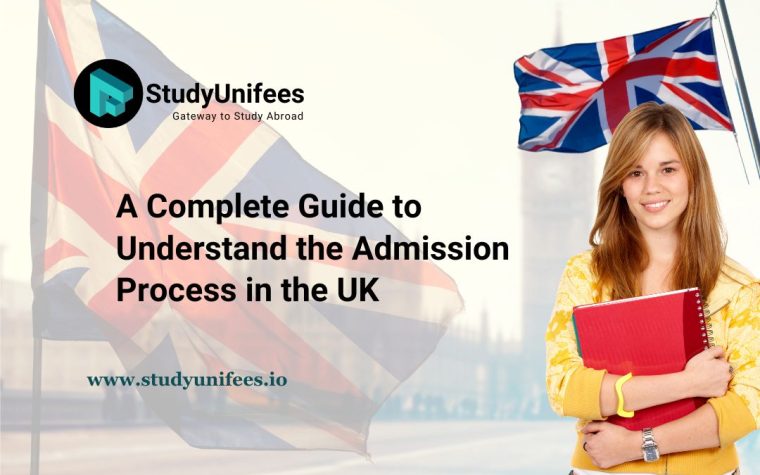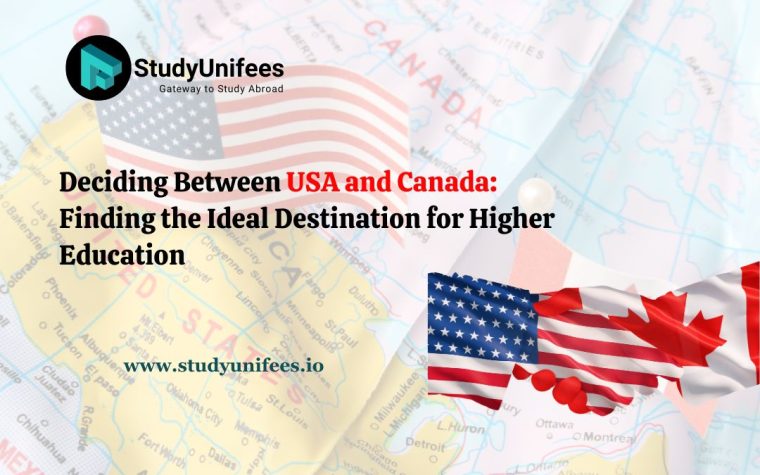Ireland, a country renowned for its top-tier universities, vibrant culture, and welcoming atmosphere. Whether you’re interested in pursuing an undergraduate or graduate program, Ireland offers a diverse range of courses tailored to the needs and interests of international students. In 2024, studying in Ireland has become a hot choice for Indian students. The country, known for its exceptional educational standards, vibrant culture, and welcoming atmosphere, is drawing increasing attention from international learners, particularly from India. This surge in interest is attributable to Ireland’s reputation for academic excellence, its thriving economy, and the significant presence of global companies, especially in sectors like technology, pharmaceuticals, and finance.
Undergraduate Courses to Study Abroad in Ireland
- Engineering: Ireland is home to world-class engineering programs offered by prestigious institutions such as Trinity College Dublin and University College Dublin. Whether you’re passionate about civil engineering, mechanical engineering, or electrical engineering, Ireland’s universities provide comprehensive undergraduate programs that blend theoretical knowledge with hands-on practical experience. From designing innovative structures to developing cutting-edge technologies, studying engineering in Ireland equips you with the skills and expertise to tackle real-world challenges.
- Business Studies: With its thriving economy and dynamic business environment, Ireland is an ideal destination for international students pursuing undergraduate degrees in business studies. From entrepreneurship and management to marketing and finance, Irish universities offer a wide range of specialized programs designed to prepare students for success in the global marketplace. Through internships, industry partnerships, and experiential learning opportunities, studying business in Ireland provides invaluable insights and networking opportunities to kickstart your career.
- Computer Science: In today’s digital age, computer science has become one of the most sought-after fields of study for undergraduate students. Ireland, often referred to as the “Silicon Valley of Europe,” boasts a burgeoning tech industry and world-leading research institutions. Studying computer science abroad in Ireland allows you to immerse yourself in cutting-edge technologies such as artificial intelligence, machine learning, and cybersecurity. With a strong emphasis on practical learning and innovation, Irish universities empower students to become future leaders in the field of technology.
- Biomedical Sciences: Ireland is at the forefront of biomedical research and innovation, making it an attractive destination for students interested in pursuing undergraduate degrees in biomedical sciences. Whether you’re fascinated by genetics, pharmacology, or medical imaging, Irish universities offer comprehensive programs that integrate theoretical knowledge with laboratory-based research. Studying abroad in Ireland allows you to collaborate with leading researchers, gain hands-on experience in state-of-the-art facilities, and contribute to groundbreaking discoveries that have the potential to transform healthcare globally.
Graduate Courses to Study Abroad in Ireland
Are you considering pursuing your graduate studies abroad? Look no further than Ireland, a country known for its excellent universities, vibrant culture, and welcoming atmosphere. Whether you’re interested in advancing your career in business, technology, or the sciences, Ireland offers a diverse array of graduate programs tailored to the needs and aspirations of international students. In this article, we’ll delve into some of the best courses available for graduate students to study abroad in Ireland, highlighting the unique opportunities and experiences awaiting you in this dynamic and enriching academic environment.
- MBA (Master of Business Administration): An MBA is a prestigious and highly sought-after degree for professionals looking to accelerate their careers in the business world. Ireland is home to several renowned business schools, such as Trinity College Dublin and University College Dublin, offering top-notch MBA programs designed to equip students with the skills and knowledge needed to succeed in today’s competitive global marketplace. By studying abroad for your MBA in Ireland, you’ll have the opportunity to immerse yourself in an international business environment, network with industry leaders, and gain valuable insights into diverse business practices and cultures.
- Computer Science and Information Technology: In an increasingly digitized world, the demand for skilled professionals in computer science and IT continues to grow. Ireland, often referred to as the “Silicon Valley of Europe,” boasts a thriving tech industry and world-class research institutions. Graduate programs in computer science and IT offered by universities like Dublin City University and University College Cork provide students with cutting-edge knowledge and practical skills in areas such as artificial intelligence, cybersecurity, and data analytics. By choosing to study abroad in Ireland for your graduate degree in computer science, you’ll be at the forefront of innovation and technology, with access to industry-leading research facilities and opportunities for collaboration with top tech companies.
- Biotechnology and Pharmaceutical Sciences: Ireland has established itself as a global hub for the biotechnology and pharmaceutical industries, making it an ideal destination for graduate students interested in pursuing careers in these fields. Universities such as University College Dublin and the National University of Ireland, Galway, offer specialized graduate programs in biotechnology and pharmaceutical sciences that combine rigorous academic training with hands-on research experience. By studying abroad in Ireland, you’ll have the opportunity to work alongside leading researchers, gain exposure to cutting-edge technologies, and contribute to groundbreaking discoveries that have the potential to shape the future of healthcare.
- Renewable Energy and Sustainability: With growing concerns about climate change and environmental sustainability, there is a growing demand for professionals with expertise in renewable energy and sustainability practices. Ireland, with its commitment to renewable energy targets and green initiatives, offers graduate programs in renewable energy and sustainability at institutions like University College Dublin and Dublin Institute of Technology. By studying abroad in Ireland for your graduate degree in renewable energy and sustainability, you’ll gain valuable insights into renewable energy technologies, sustainable technologies, and other things.
- Data Science and Analytics: As the volume of data generated continues to increase exponentially, there is a growing need for professionals skilled in data science and analytics. Ireland’s vibrant tech sector and forward-thinking universities offer graduate programs in data science and analytics that equip students with the tools and techniques needed to extract insights from complex datasets. Universities like Trinity College Dublin and University College Cork provide hands-on training in areas such as statistical analysis, machine learning, and data visualization. By studying abroad in Ireland for your graduate degree in data science, you’ll be prepared to tackle real-world challenges and drive data-driven decision-making across industries.
Why Study Abroad in Ireland for Your Graduate Degree?
- Academic Excellence: Ireland’s universities are renowned for their academic excellence and research prowess, offering world-class education across a wide range of disciplines.
- International Recognition: A graduate degree from an Irish university is highly regarded and recognized internationally, opening doors to global career opportunities.
- Multicultural Environment: Studying abroad in Ireland exposes you to a diverse and multicultural environment, fostering cross-cultural understanding and collaboration.
- Networking Opportunities: Ireland’s vibrant business and tech communities provide ample networking opportunities, allowing you to connect with industry professionals and potential employers.
- Quality of Life: Ireland offers a high quality of life with a strong emphasis on work-life balance, making it an attractive destination for students seeking a supportive and enriching academic experience.
- English-Speaking Environment: As English is the primary language of instruction, studying in Ireland provides international students with the opportunity to improve their English language skills and communicate effectively in a global context.
- Post-Study Work Opportunities: Ireland offers favorable post-study work options, including the Graduate Route and the Critical Skills Employment Permit, allowing international students to stay and work in Ireland after completing their studies.
- Cultural Richness: From ancient castles and breathtaking landscapes to lively pubs and traditional music sessions, Ireland’s rich cultural heritage provides a vibrant backdrop for your graduate studies abroad.
- Gateway to Europe: Situated at the crossroads of Europe, Ireland provides easy access to other European countries, allowing you to explore diverse cultures and travel experiences during your time abroad.
- Personal Growth: Studying abroad in Ireland is not just about academics; it’s also about personal growth and self-discovery. Living in a new country challenges you to step out of your comfort zone, embrace new experiences, and become more independent and resilient.
In conclusion, studying in Ireland offers international students a unique opportunity to pursue their graduate degrees in a vibrant and supportive academic environment. Whether you’re interested in business, technology, science, or sustainability, Ireland has something to offer for everyone. With its world-class universities, multicultural atmosphere, and abundance of opportunities, Ireland is truly a fantastic destination for graduate studies abroad.










